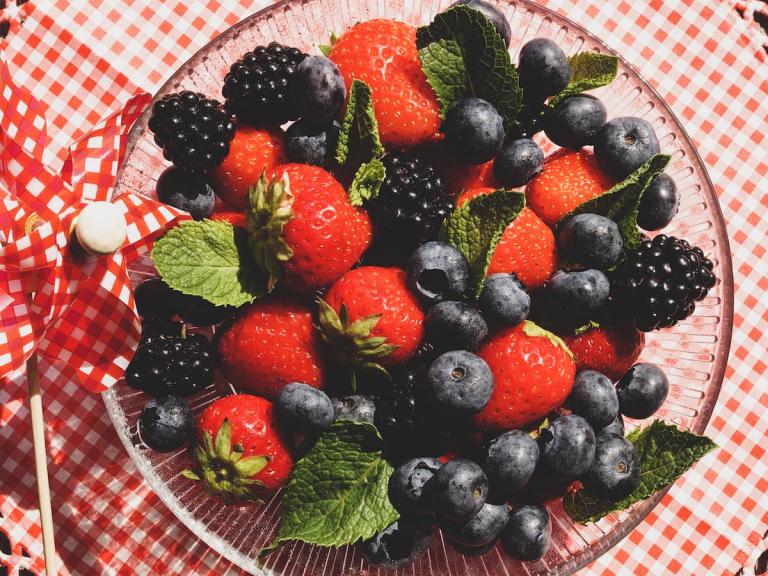
When it comes to health, we should consider fiber an essential thread that weaves its benefits throughout the body. Beyond being a critical digestive aid, nutritionists say that fiber plays a crucial role in maintaining optimal health. Fiber is exclusive to plant foods and is a component of a plant that’s challenging for the human body to digest.
As a result, it has positive benefits for the body, like binding LDL cholesterol, maintaining low cholesterol levels, protecting and enhancing the body’s gut health and more. From promoting heart health and nurturing gut microbiota to stabilizing blood sugar levels and aiding in weight management, fiber does it all and more. Jaclyn Fodor, a Boston-based registered dietitian, said, “Fiber is an essential component of a healthy diet that offers a range of benefits, especially for digestive health.”
She also notes that since it’s a type of carbohydrate that the body can’t digest, it passes relatively intact through the digestive system. Fiber can also act as a prebiotic, Fodor said, which is good for gut bacteria. “A healthy gut microbiome is important for overall digestive function, including regular bowel movements,” she said. Here are some fiber-rich foods to incorporate into your diet.
Raspberries.
Fodor calls raspberries a “nutritious gem,” as they pack eight grams of dietary fiber per cup. They also taste great and are “packed with disease-fighting properties,” said Fodor. She added that raspberries are high in antioxidants such as vitamin C and plant chemicals called flavonoids, which also have antioxidant effects. Fodor said, “Antioxidants help the body eliminate free radicals which may result from external factors, such as pollution and unhealthful foods.”
Any kind of berries.
Along with raspberries, consider munching on blueberries, strawberries and blackberries. “Berries are one of the best foods we can eat, period,” said Jennie Waegelein, a registered dietitian in private practice at JM Wellness based in New York City, who focuses predominantly on gut/hormone health as well as sports. “They contain numerous antioxidants, vitamins and minerals and phytonutrients to help us thrive daily.” One cup of blackberries or raspberries contains eight grams of dietary fiber, “about one-third of your daily need,” Waegelein added.
Beans.
Along with lentils, add another member of the legume family — beans — to your diet to boost your fiber intake. A mere ½ cup of cooked kidney beans will provide eight grams of fiber. Beans also contain some viscous soluble fibers. This type of fiber can also aid in relieving constipation, as its water-attracting capability allows the stool to increase in bulk and form a gel-like soft texture, which makes it easier to pass. Beans are also a good source of protein, so you get ‘two for the price of one’ when you add them to your diet.
Seeds and nuts.
Dietician Christina Palmisano says a high-fiber category of food that is overlooked is nuts and seeds. She recommends chia and flax seeds, which contain 8–10 grams of fiber per serving. “We focus so much on grains when it comes to fiber, but there are other foods out there that are even better,” she said. Additionally, pumpkin seeds, sesame seeds, almonds and pistachios are a great source of fiber.
